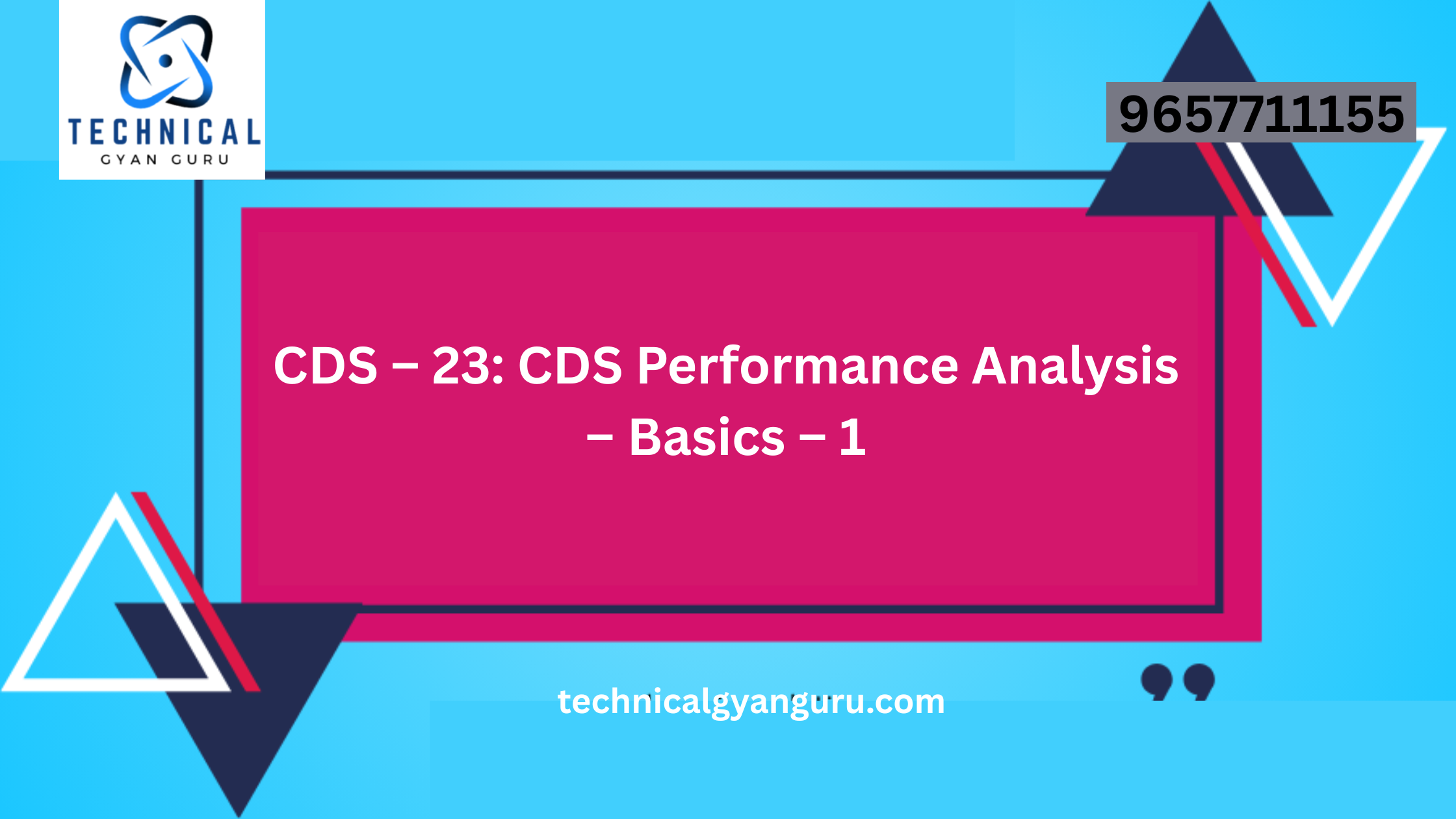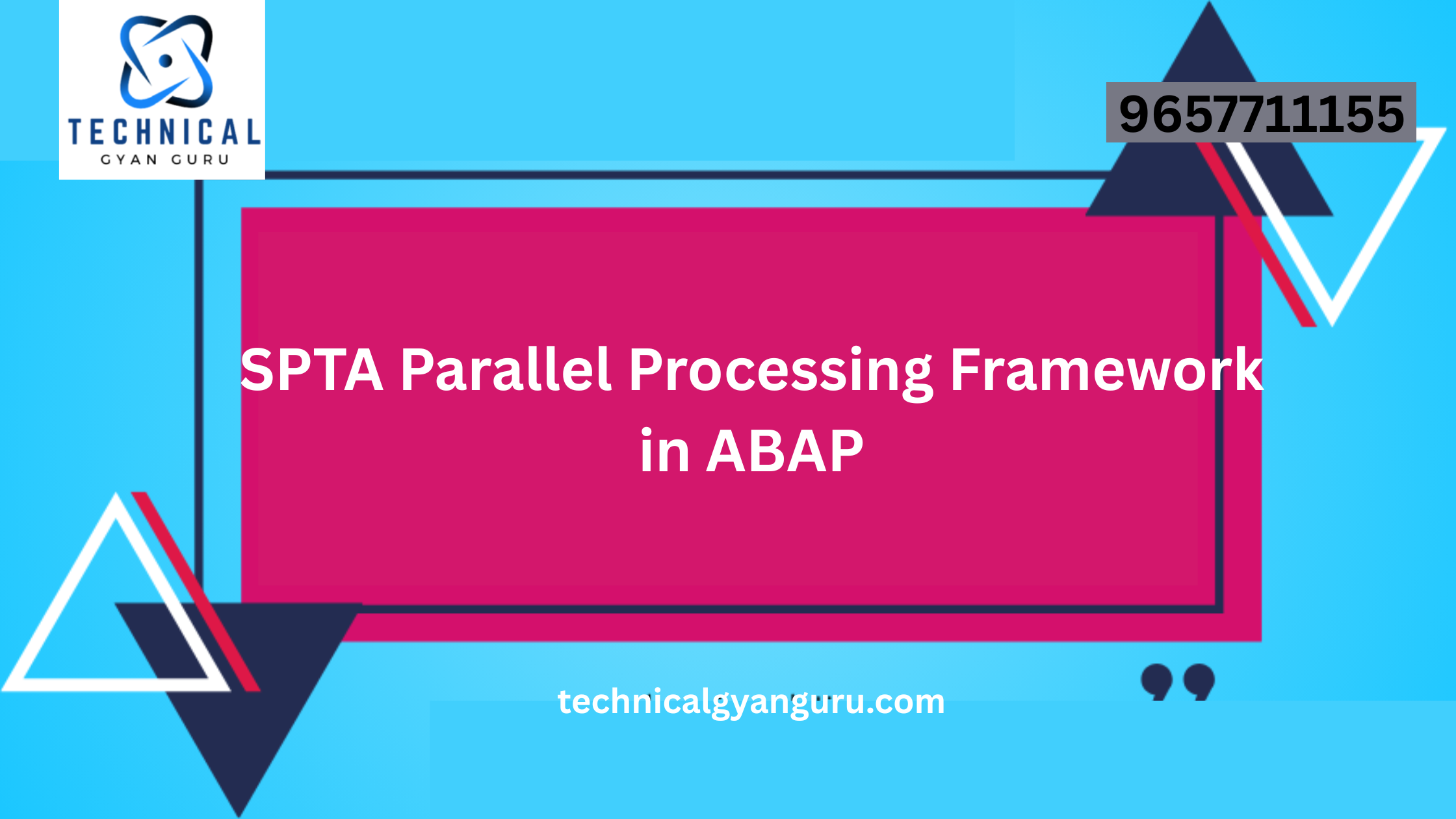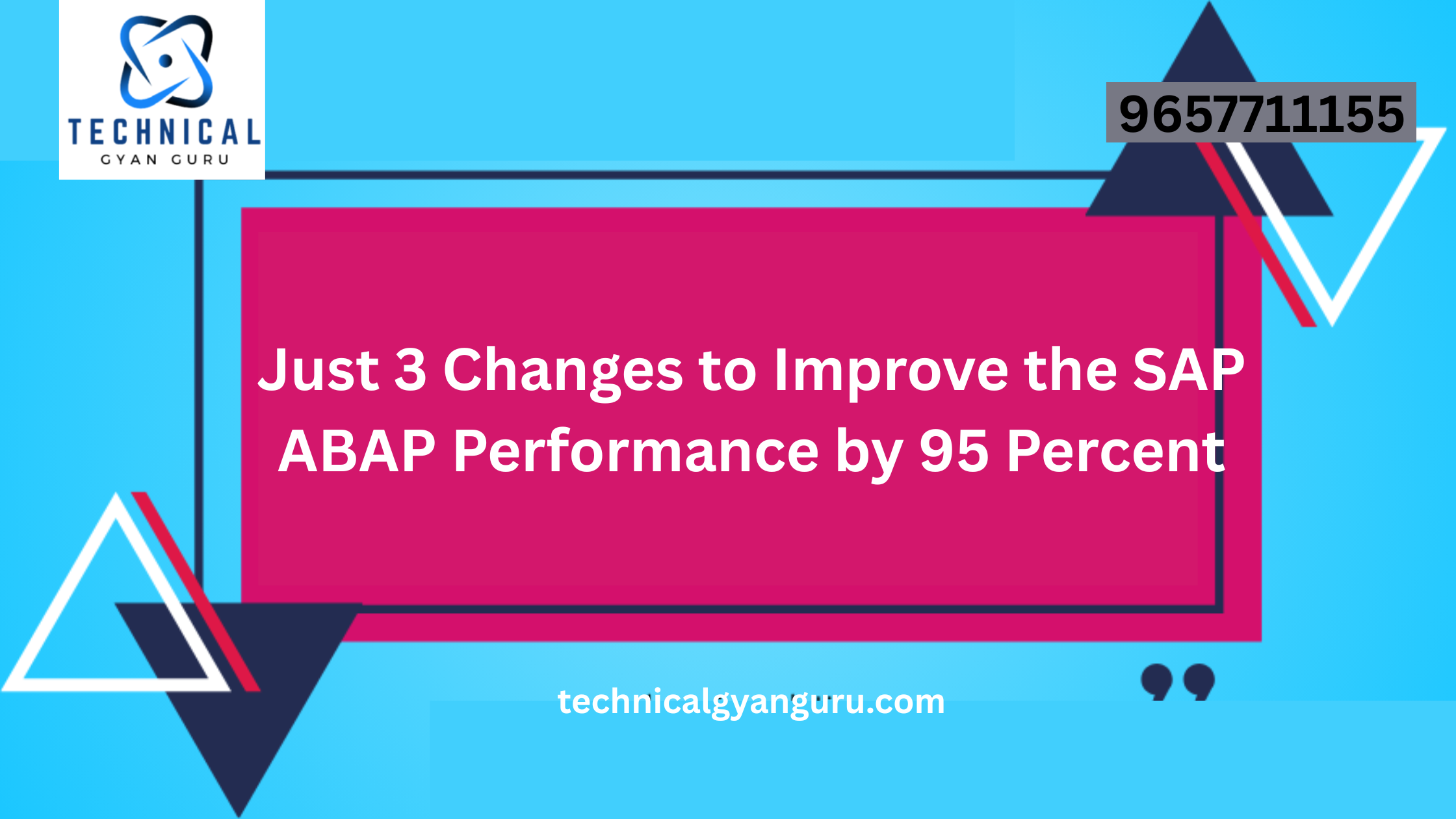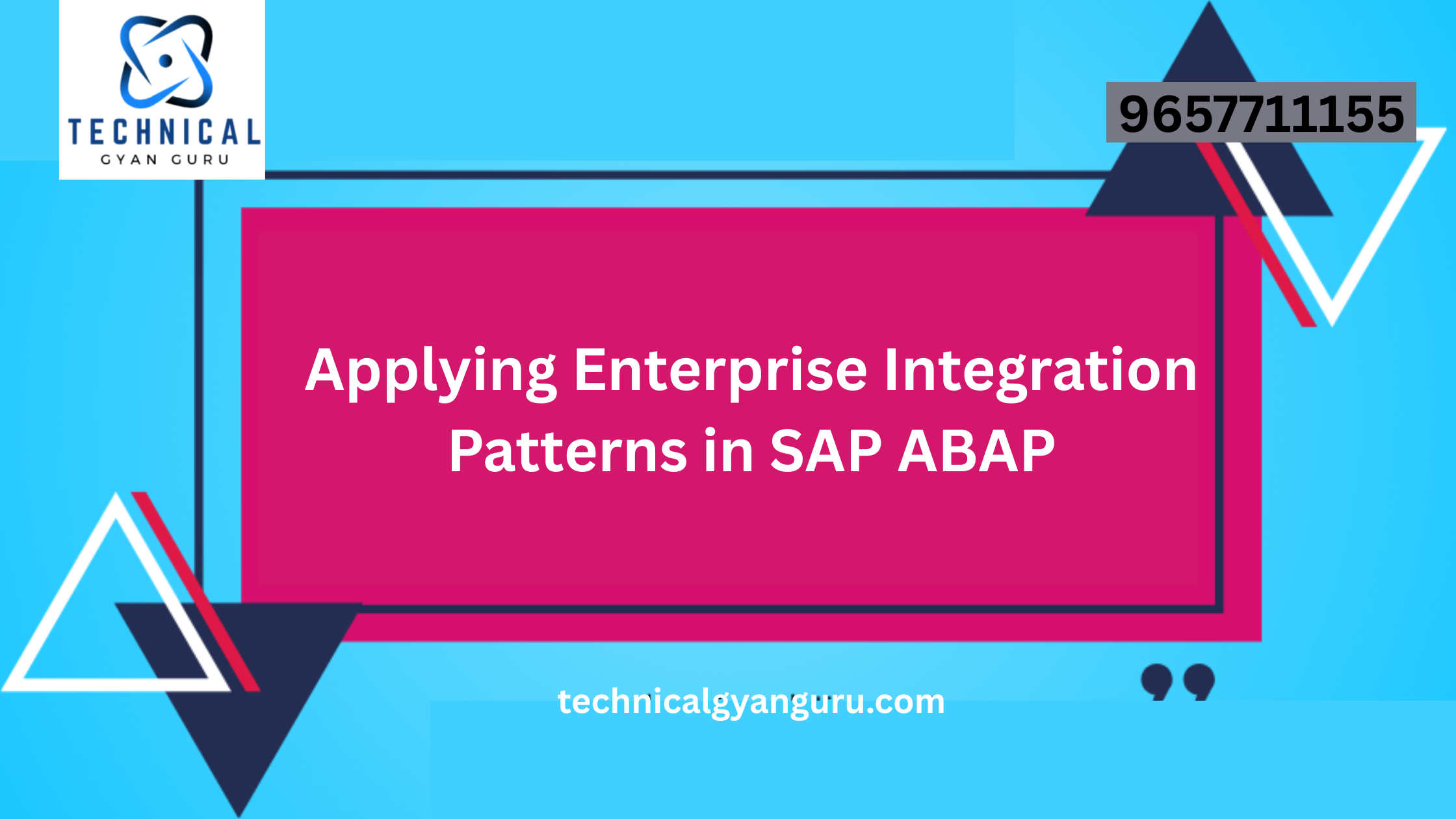
Discover the various sub-modules in SAP Finance, including FI-GL, FI-AR, and FI-AP. Learn how each enhances financial management and reporting.
SAP FICO, the powerhouse ERP solution, reigns supreme in the world of financial management. But beneath its hood lies a treasure trove of submodules, each meticulously crafted to tackle specific financial tasks. Understanding these submodules is akin to wielding a financial Excalibur, granting you unparalleled control over your organization’s fiscal health.
Demystifying the FICO Landscape
First, let’s dispel some mystery. FICO is an amalgamation of two core modules: FI (Financial Accounting) and CO (Controlling). FI serves as the foundation, recording all financial transactions and generating reports for stakeholders. CO, on the other hand, delves deeper, analyzing costs and ensuring financial viability.
Unveiling the Submodule Arsenal
Now, let’s delve into the heart of the matter – the FICO submodules:
- General Ledger (FI-GL): The cornerstone of FI, the General Ledger acts as the central repository for all financial transactions. Every penny that flows in and out is meticulously documented here, ensuring a clear financial trail.
- Accounts Receivable (FI-AR): Managing customer invoices, payments, and credit can be a juggling act. FI-AR steps in, streamlining the process by automating tasks like invoice generation, payment reminders, and credit management.
- Accounts Payable (FI-AP): Vendor invoices, payments, and early payment discounts – FI-AP tackles them all. It automates invoice processing, streamlines approvals, and facilitates timely payments, keeping your vendors happy and saving you money.
- Bank Management (FI-FM): Cash flow is the lifeblood of any organization. FI-FM meticulously manages your bank accounts, reconciles statements, facilitates electronic payments, and provides real-time cash flow visibility.
- Asset Accounting (FI-AA): From buildings and machinery to vehicles and equipment, FI-AA tracks your fixed assets, calculates depreciation, and ensures their optimal utilization.
- Controlling (CO): As mentioned earlier, CO ventures beyond mere accounting. It encompasses submodules like:
- Cost Element Accounting (CO-CE): This submodule identifies and categorizes the various cost elements that contribute to your products or services.
- Cost Center Accounting (CO-CC): Track costs incurred by individual departments or cost centers with CO-CC. This facilitates cost control and accountability.
- Product Costing (CO-PC): Understanding the cost of producing each unit is crucial for profitability. CO-PC meticulously calculates product costs, providing valuable insights for pricing strategies.
- Profitability Analysis (CO-PA): CO-PA goes beyond just costs. It analyzes profitability by product, customer, or sales channel, empowering you to make data-driven decisions.
Benefits of Mastering the FICO Submodules
By wielding the power of these submodules, you can achieve financial nirvana:
- Enhanced Accuracy and Transparency: Eliminate manual processes and human error. Gain crystal-clear visibility into your financial health.
- Streamlined Operations: Automate repetitive tasks, improve efficiency, and free up valuable resources for strategic initiatives.
- Improved Decision Making: Gain real-time insights and data-driven reports to make informed financial decisions.
- Cost Optimization: Identify cost inefficiencies, optimize resource allocation, and boost profitability.
- Regulatory Compliance: Ensure adherence to financial regulations with streamlined processes and comprehensive audit trails.
Conclusion
Conquering the SAP FICO submodules might seem daunting at first, but the rewards are undeniable. By harnessing their power, you’ll transform your financial management from reactive to proactive, steering your organization towards a prosperous future. So, embark on this financial odyssey, and unlock the true potential of SAP FICO
you may be interested in this blog here:-
Top SAP Modules in Demand 2024 Insights & Trends
Learn how to update function modules in SAP ABAP easily
Mastering the Duolingo English Test: Sample Questions and Answers







